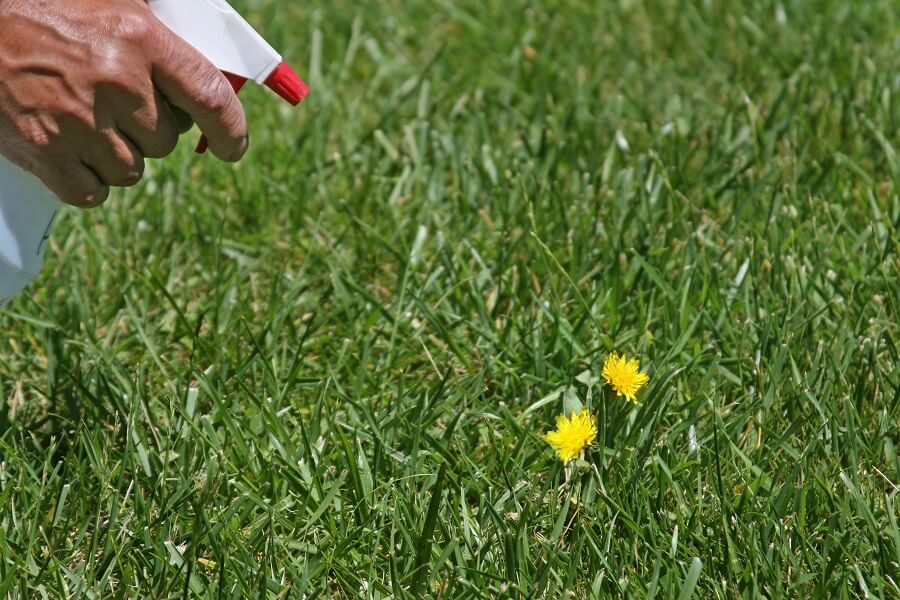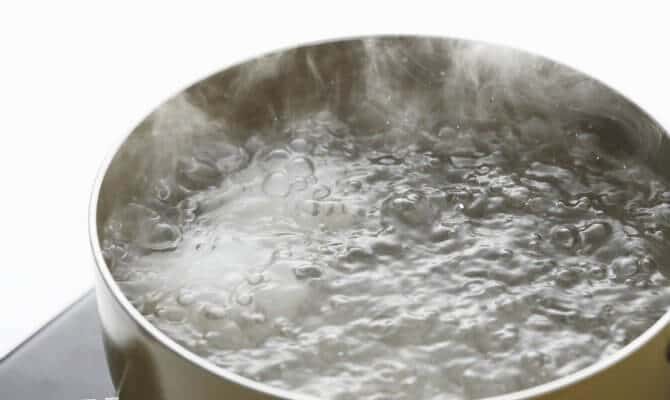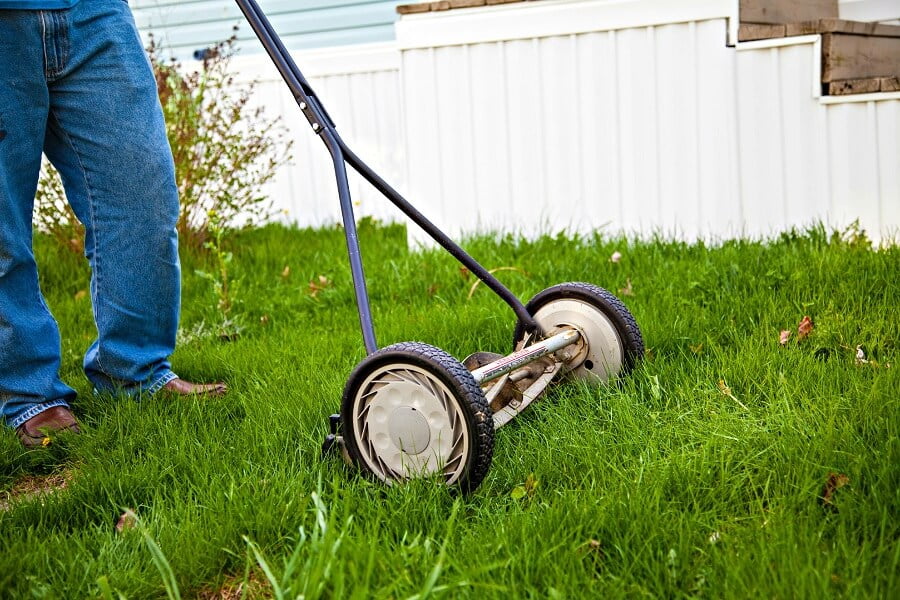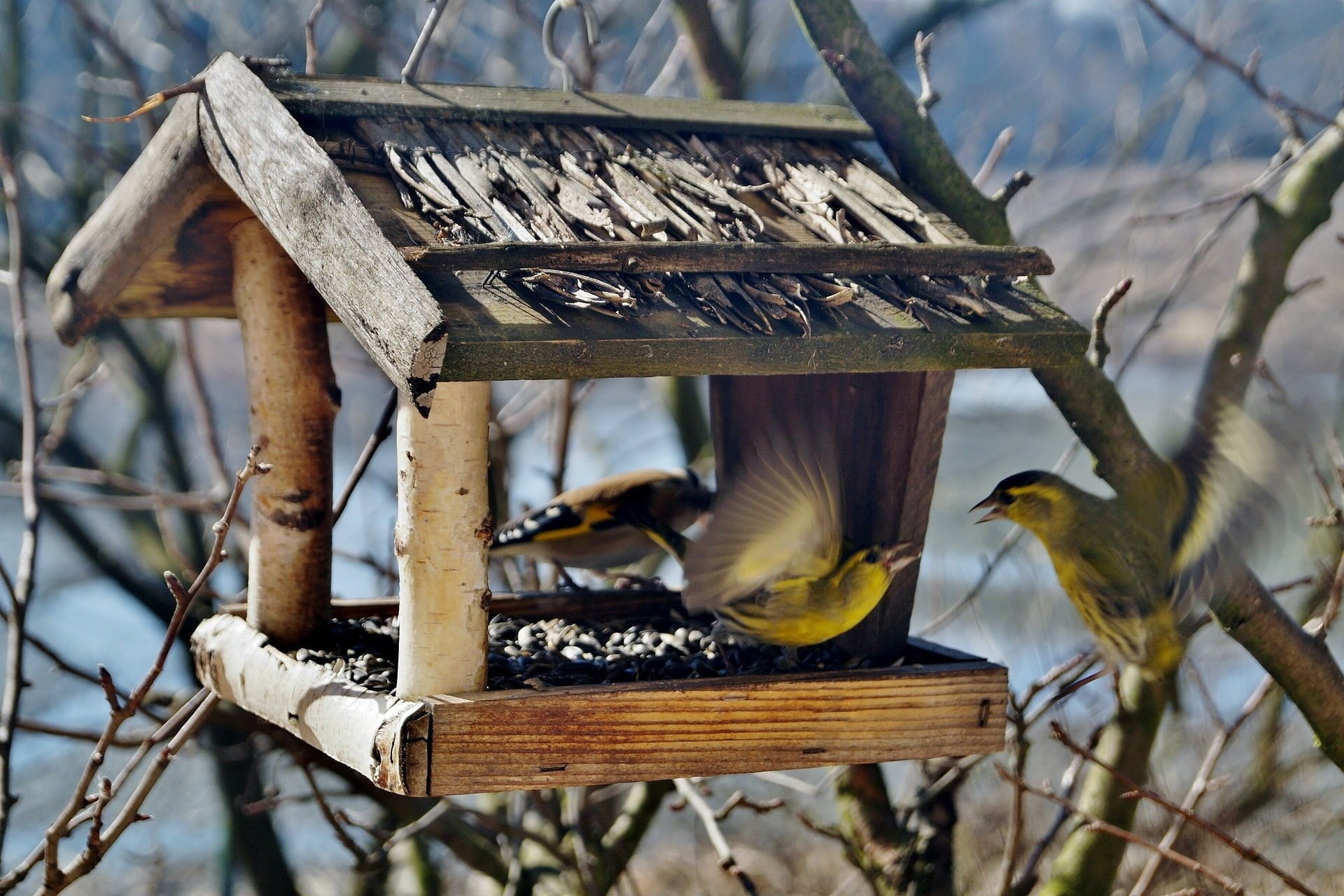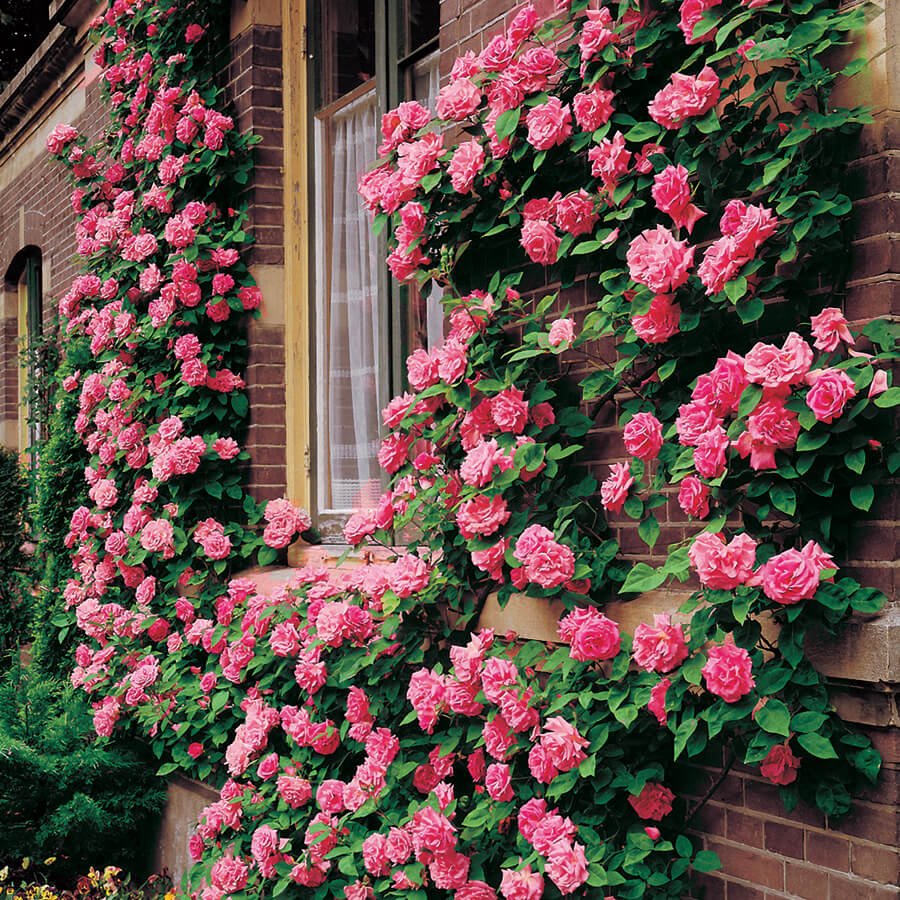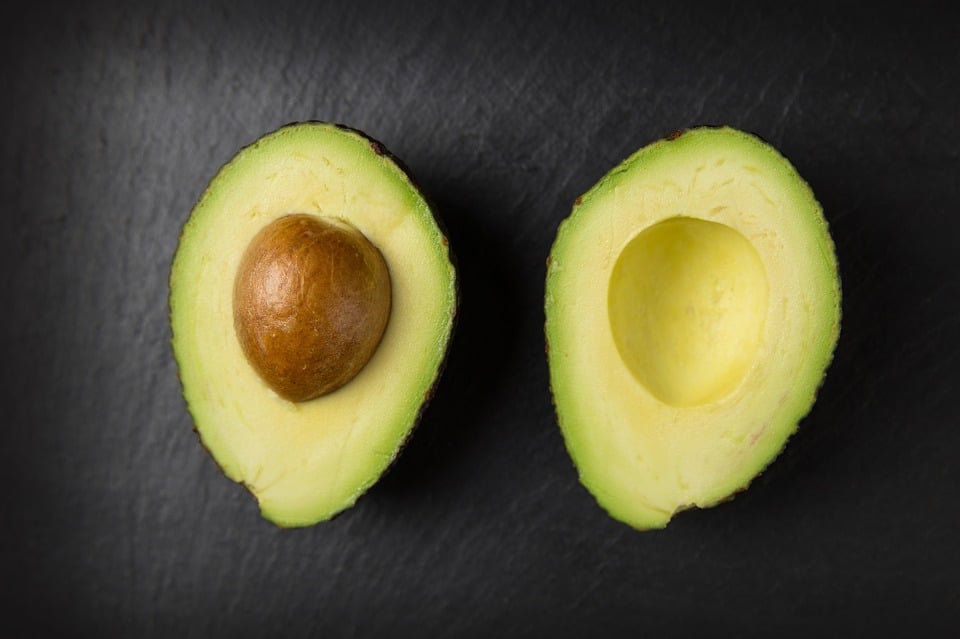One of the main things you have to worry about as a gardener is getting rid of weeds. What better way to do that than with a natural weed killer? Weeds tend to make their way into your garden and can even wreak havoc among your beloved plants. Not to worry though, we’ll present 7 recipes for natural weed killer, as well as 4 methods of killing weeds naturally. As opposed to herbicides, these homemade recipes and techniques will ensure your soil won’t have to suffer long-term side effects because of weeds.
7 Natural Weed Killer Recipes
1. Borax
Borax is your daily laundry and cleaning product which you can find in the laundry aisle, pool supply stores, or farm supply stores. Its chemical name is sodium borate, sodium tetraborate, or disodium tetraborate. Do not confuse it with tetraborane, which is a toxic gas.
Here’s how you prepare this natural weed killer:
- Take 10 ounces of powdered borax and add it to 2.5 gallons of water.
- Shake it well in a sprayer bottle.
- Apply the spray on the leaves of the weeds you want to kill.
Make sure not to accidentally spray any of the plants you want to keep, not to saturate the soil with this concoction, and not to spray it on your bare skin.
2. Boiling Water
Would you believe us if we told you tap water can be an effective weed killer? According to this study, it can. This natural weed killer is very easy to prepare, and all it takes is patience. Here’s how it works:
- Put water in a pot and let it boil.
- After reaching its boiling point, pour the water at the base of the weeds in your garden, sideway cracks, or driveway. Hot water kills the cells responsible for photosynthesis found in weeds. It also kills their roots, which could potentially regrow the weeds after a certain amount of time.
- For enhanced effectiveness, add a tablespoon of salt to the boiled water.
3. Salt
Salt can be more than just a spice, it can also be a natural weed killer. You can use it in a series of combinations and create a solution that eliminates weeds. The reason behind its effectiveness is that salt dehydrates plants, weeds included, by creating a disruption in the internal water balance of their cells.
- Mix salt with water for small garden areas and pour it at the base of the weeds using a funnel. The great thing about this natural weed killer is that once you apply it, rain or watering will successfully dilute the salt.
As an extra tip, after applying saltwater, water the surrounding plants and soil – except for weeds, of course – to leach the salt below the root area of the other plants. Pouring salt on the ground in order to kill weeds can affect surrounding plants and soil. Remember that salt can also erode concrete surfaces and leave your soil barren for an extended period of time.
4. White Vinegar, Salt, and Dish Detergent
You can also mix 4 cups of white vinegar with ¼ cup of salt and 2 teaspoons of dish detergent to prepare another effective natural weed killer. Here’s how:
- Pour 4 cups of white vinegar in a sprayer.
- Add ¼ cup of salt and 2 teaspoons of dish detergent.
- Shake the sprayer thoroughly to mix them. Your natural weed killer will be ready in a couple of minutes.
- Spray the weeds you want to be eliminated.
Of course, make sure to avoid contact with your eyes, mouth, or bare skin.
5. White Vinegar
Despite the previous recipe, where vinegar mixes with other ingredients, vinegar is itself a potent natural weed killer. Its acidic concentration ranges from 5% and 20%. Here’s how you can use it as a natural weed killer:
- Pour vinegar into a sprayer and spray it on the leaves of the weeds. Make sure not to accidentally spray it on the nearby plants.
- If you need an extra strong alternative, you can use pure vinegar, which has a greater acid concentration.
6. White Vinegar and Rock Salt (or Table Salt)
White vinegar becomes even more potent when mixed with rock salt or table salt.
- Add 1 cup of salt to 1 gallon of vinegar.
- Shake them well.
- Spray the mix onto the leaves of the weeds.
Caution: using pure vinegar can irritate the eyes, mouth, and lungs. Also, using too much vinegar can lower the pH of your soil.
7. Lemon Juice
Lemons are great for your health. But did you know that you can also use them to make a homemade natural weed killer? Here’s what you need.
- Fill a sprayer with lemon juice and spray it onto the weeds. The acidic concentrate will dry up the leaves and the roots of the weeds. However, repeated spraying might be necessary, as lemon juice is not as strong as pure vinegar.
- Another solution is to mix 4 ounces of lemon juice and ¼ ounces of white vinegar into a sprayer bottle. Spray the mix onto the leaves. This mix is more effective than lemon juice alone, so it is guaranteed to work.
As above, be cautious when spraying. Choose a hot, windless day to spray. Lemon juice can harm nearby plants, which you surely wouldn’t want gone.
4 Natural Weed Killer Methods
1. Cover Them
One of the best ways in which you can get rid of weeds without using any concoction is to cover them with newspaper. This works particularly well for low-growing weeds like crabgrass and clover. How does it work, you ask? By blocking sunlight from reaching the weeds. Eventually, with no sunlight to help them grow, the weeds will disappear.
The interesting thing about this technique is that you can also use it to prevent more weeds from growing. All you have to do is put down some pieces of newspaper and add mulch on top of them. The decomposing paper also provides the soil with nutrients, feeding it in the process.
2. Pull Them
Even though it sounds like an obvious solution, this is actually one of the most effective ways to get rid of weeds naturally. It’s true, it does involve some physical effort, but the results are absolutely worth it. If you’re worried this is too difficult of a task for you, we advise you to wait until after a heavy rainstorm to do it. This will soften the ground and help you pull the weeds out more easily.
Another tip that can make this method easier is to pull the weeds from beneath. If you need to, you can use a screwdriver or a knife to loosen the soil around the roots. Pulling the entire root out is the best way to make sure the weeds won’t grow back.
3. Mow the Lawn Longer
If you’re interested in killing weeds in the lawn, you should know that having a longer lawn can help with that. The health of your grass also depends on its length. The longer the grass, the healthier the lawn. Naturally, a healthy lawn also means fewer weeds to worry about.
So, the next time you mow your lawn, cut it about 2 to 3 ½ inches long. Moreover, try to mow it before you notice any weeds setting seeds.
4. Add Garden Edging
Nothing better at keeping weeds at bay than an actual physical barrier. An example of such a physical barrier is garden edging, which doesn’t only stop weeds from spreading, but also looks great. This is a long-lasting solution, since once you build a garden edge, it will be there for as long as you want it.
If you’re worried that adding garden edging will cost you a lot of money, put your worries aside. You can use cheap materials such as pieces of pressure-treated decking boards. These boards will serve as a natural weed killer and provide your garden with a rustic look at the same time.
Buy a Weed Killer
If you don’t want to make your own natural weed killer or you’ve tried some of the methods above and they didn’t work out for you, there’s always the option to purchase a weed killer. We recommend the following 3:
- Compare-N-Save Concentrate Grass and Weed Killer;
- Roundup 5100110 Weed and Grass Killer III;
- Ortho Weed B Gon Weed Killer.
Summing It All Up
As you can see, making a natural weed killer at home is easy and affordable. All it takes is a sprayer bottle, some patience, and the ingredients mentioned above. The 7 recipes we presented today are non-toxic, easy to make, and effective in the fight against weed invaders.
In terms of the other 4 methods of killing weeds naturally, they’re perfect for people who don’t want to take the time to prepare one of the recipes above. At the same time, they’re equally effective, so you can safely choose them.
What do you think? Have you used any of these recipes or methods? We’d love to read your impressions, suggestions, or past experiences. Leave your comments below!
Finally, if you’re interested in seeing a test of 3 natural weed killer recipes, take a look at the video below.





